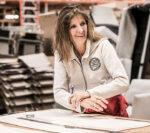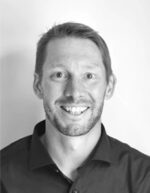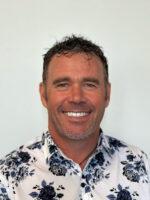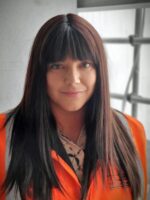Women in Business: Hildy Kovacs, co-owner, Kovacs Design Furniture
Tell readers just what it is you do? My brother Johnny and I own the furniture manufacturing business, Kovacs Design Furniture. We still make all our furniture in our New Zealand factory based in Christchurch and our tag line is “Made. Right. Here.” Which the team is immensely proud of. My main role is as our furniture designer. Taking an idea through the concept stage to the prototype stage, completing the initial costings and making it ready for production release. However, my typical workday could also cover marking, sewing, quality control, photography, marketing, sales, and production management. Designing furniture – is it a passion of yours? It wasn’t but is now. It started off with me learning all the different manufacturing aspects of the business, so I have developed a really good understanding of how things go together and what is important in creating a product that not only looks great but has to be comfortable and built to last. I really started designing furniture to prove to myself that I could do it and from that it has become my passion. How long have you been in the family business? I started doing small tasks with my brother for my father like making buttons from as young as I can remember. So, I guess I was born into the industry. However, I have worked fulltime in the business for the last 44 years. What is the satisfaction you get from being involved in a family business? Designing furniture where every piece is unique with its own handwriting is hugely challenging. They all have different prerequisites one must overcome for the product to be aesthetically pleasing, comfortable and viable. I am constantly learning and getting it right is the biggest buzz ever. Where does Kovacs sit in the furniture scheme […]










